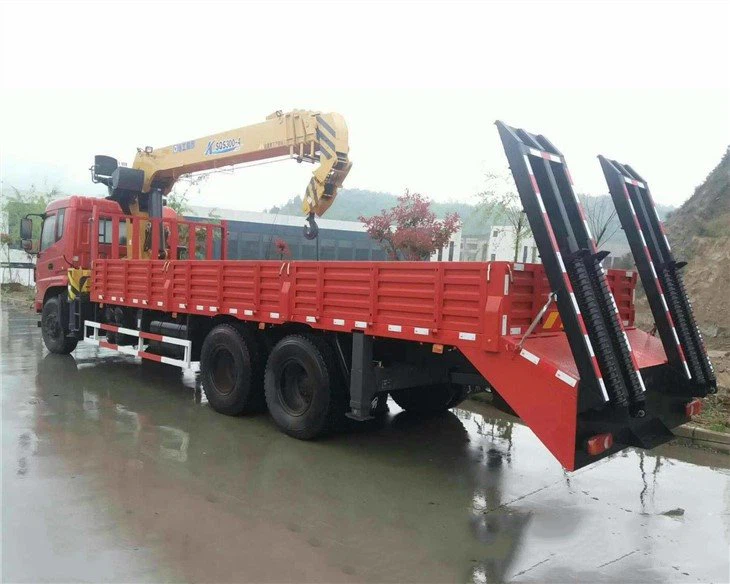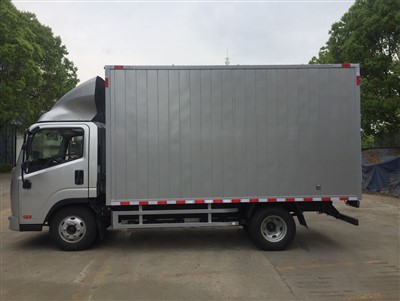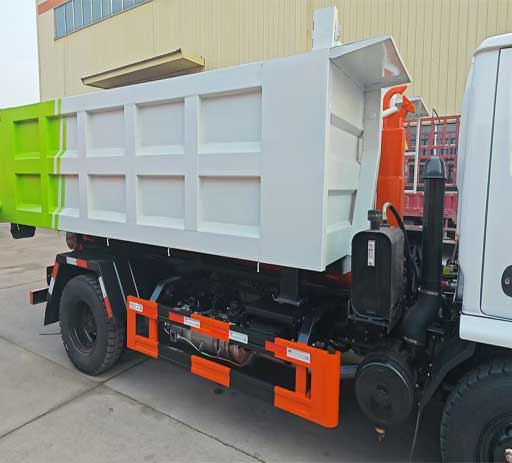Introduction
Access to clean drinking water is a fundamental human right, yet millions of people worldwide struggle to obtain it. Potable water tankers are a crucial solution for delivering safe drinking water to communities, facilities, and events, especially in areas where conventional water supply systems are inadequate. This article explores the ins and outs of potable water tankers, offering practical examples, tips, and answers to common questions to empower you with knowledge about this essential resource.
What is a Potable Water Tanker?
A potable water tanker is a specialized vehicle designed to transport drinking water from one location to another. These tankers are equipped with various features to ensure water quality is maintained during transit. They play a vital role in supplying water in emergencies, rural areas, construction sites, and events where access to clean water is limited.
Types of Potable Water Tankers
Potable water tankers come in various types, each designed for specific applications:
- Mobile Water Trucks: Usually large trucks with a tank in the back, ideal for transporting large quantities of water.
- Tank Trailers: Designed to be towed by a vehicle, allowing for long-distance transport of potable water.
- Portable Water Tanks: Smaller, portable tanks that can be filled and moved easily for various applications.
- Specialty Tankers: Customized vehicles with added features, such as filtration and purification systems.
Regulations for Potable Water Tankers
Each region has its regulations governing the transportation of potable water. These regulations are designed to protect public health and ensure water quality. Compliance typically includes:
- Licensing and certification for drivers and vehicles.
- Regular inspections of tanks and hoses.
- Maintaining clean and sanitary conditions inside the tanker.
The Importance of Potable Water Tankers

Understanding the importance of potable water tankers is essential, especially when evaluating how they can benefit your community or business. Here’s why they matter:
1. Emergency Response
During natural disasters, potable water tankers provide immediate support for communities affected by water supply disruption. They can deliver clean water to shelters and homes, ensuring that residents have access to safe drinking water.
2. Rural Water Supply
In rural and remote areas, portable water tankers become a lifeline for residents lacking piped water systems. Tankers can regularly supply water to ensure that everyone has access to clean water.
3. Construction Sites
Construction sites often require large amounts of water for workers and activities. Potable water tankers can meet these demands, ensuring compliance with health and safety standards.
4. Events and Festivals
For large public events, having an adequate supply of potable water is crucial. Water tankers provide the necessary infrastructure to ensure all attendees can stay hydrated, preventing health issues related to dehydration.

How Potable Water Tankers Work
Following is an exploration of the operational mechanics of potable water tankers:
Loading Water
Potable water tankers typically load water from municipal water sources, wells, or designated filling stations. It’s essential to check the quality of the source to ensure it meets safety standards.
Transporting Water
During transport, tankers must be airtight. Specialized piping systems and pumps maintain water quality while preventing contamination. Regular checks are necessary to monitor conditions inside the tank.
Distributing Water
Water is distributed from the tanker through gravity or pressurized systems. The delivery point can be stationary, such as filling a reserve tank, or it might involve filled containers for personal use.
Choosing the Right Potable Water Tanker
When selecting a potable water tanker, several factors must be considered:
1. Purpose and Application
Identify what you need the tanker for. A construction site may require a larger tanker than a portable solution for a small event.
2. Capacity
Consider the volume of water required. Tankers come in different sizes ranging from a few hundred gallons to thousands of gallons. Select a capacity that meets your needs.
3. Compliance and Safety Standards
Ensure that the tanker meets local regulations for potable water transportation. The tanker should be marked to indicate it is for drinking water and must be clean and sanitary.
4. Cost
Evaluate your budget. Prices can vary based on size, features, and service providers. Compare quotes and services offered to find the best deal.
Maintaining Potable Water Tankers
Maintenance is crucial to ensure that potable water tankers remain functional and safe:
1. Regular Cleaning
Tankers should be cleaned and disinfected regularly to prevent bacterial growth and other contaminants. A cleaning schedule can help maintain standards.
2. Inspection
Regular inspections of tanks, pumps, and hoses are essential. Look for signs of wear, leaks, or contamination. Early detection prevents more significant issues.
3. Immediate Repairs
Any damage found during inspections should be repaired immediately to maintain safety standards and prevent water contamination.
Practical Tips for Using Potable Water Tankers
Here are some practical tips to ensure efficient and safe use of potable water tankers:
1. Plan Your Delivery Schedule
Develop a timetable for water deliveries that aligns with your needs. This allows you to monitor supply levels and reduce the risk of running out of water during high-demand periods.
2. Use Water Wisely
Encourage conservation practices to make the most of your water supply. Simple measures can significantly extend available resources.
3. Engage with Professionals
Hire reputable water delivery services that comply with health regulations and possess the necessary licenses. Proper staffing ensures safe handling of potable water.
Cost Considerations of Potable Water Tankers
The costs associated with potable water tankers can vary widely depending on several factors:

1. Type of Tanker
| Type of Tanker | Cost Range |
|---|---|
| Mobile Water Truck | $50,000 – $150,000 |
| Tank Trailer | $20,000 – $80,000 |
| Portable Water Tank | $500 – $5,000 |
| Specialty Tanker | $100,000 – $300,000 |
2. Maintenance Costs
Regular maintenance, including cleaning, repairs, and inspections, adds to overall costs. Budgeting for regular upkeep is essential to avoid higher expenses related to major repairs.
3. Service Fees
When hiring services for water delivery, consider the costs involved in terms of transportation, labor, and service frequency.
FAQ Section
1. What is the difference between potable water and non-potable water?
Potable water is safe for human consumption, while non-potable water is not suitable for drinking due to contaminants and pollutants.
2. How often should potable water tankers be cleaned?
Potable water tankers should ideally be cleaned and disinfected after each use or at least once a month for regular use to maintain water quality.
3. Can I drink water from a tanker during an emergency?
Yes, if the tanker is specifically marked for potable water and meets safety regulations, the water should be safe for drinking.
4. How can I find a reliable potable water tanker service?
Research local companies, check reviews, and ask for references to find a reputable service. Ensure they comply with all health and safety regulations.
5. Are there any special considerations when using potable water tankers in rural areas?
In rural areas, it’s essential to assess the local water infrastructure and regulations. It’s also crucial to ensure there’s adequate access for large vehicles to deliver the water.
6. Can potable water tankers be used for agricultural irrigation?
No, potable water tankers are specifically designed for drinking water transport. Non-potable water is preferred for agricultural irrigation to prevent contamination.